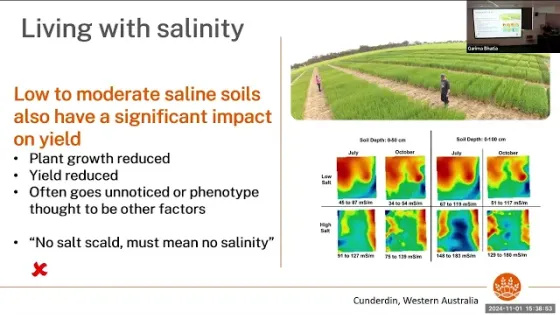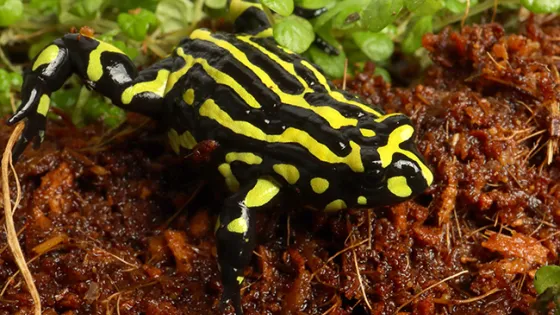Past events
This page lists RSB past events.

This seminar will explore photosynthetic strategies across diverse extreme environments, presenting case studies on cyanobacteria inhabiting marine oxygen deficient zones, algae growing within sea-ice and snow, and chemoautotrophic bacteria encased within ancient anoxic marine brines.

Soil salinity (soil NaCl) can significantly reduce plant growth and yield; even moderate levels can reduce the grain yield of major cereal crops by 50%. In Australia, the estimated cost of salinity on agricultural productivity is valued at $1 billion per annum.

Movement is a fundamental part of life for most animals, allowing them to access food or mates and facilitating escape from predators.

Malaria infections have plagued humanity for millennia, currently threatening over 40% of the global population. By studying malaria parasites, we can discover innovative ways to combat the disease and gain insights into other pathogens and their hosts.

The Phylogenomics activity area of the Genomics for Australian Plants consortium aimed to assemble the Australian Angiosperm Tree of Life (AAToL) and to build bioinformatic tools for phylogenomic projects conducted by Australian taxonomists.
Join a short conversation about the future ANU Plant Synbio Facility, an NCRIS-Australian Synthetic Biology Initiative.

Genome structure and maintenance determine the evolvability of organisms. The genomes of fungal plant pathogens are often structured heterogeneously, harboring highly variable compartments and compartments of relative stability.

Amphibians in Australia and globally face severe threats by the devastating fungal disease chytridiomycosis. Since this disease cannot be eradicated in the wild, solutions are needed that allow amphibians to survive in its presence.

Eucalyptus trees are widespread across Australia, providing habitat to a rich biodiversity of marsupials, birds and insects, being key foundation species in natural ecosystems.
